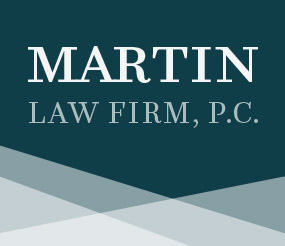Blog
Practice Areas
Schedule a Case Evaluation Today
Pennsylvania Protection from Abuse Law
The Pennsylvania domestic relations statute establishes a law designed to protect certain individuals from abuse. The individuals that are protected under the statute include family
Healthcare and the Pennsylvania Insurance Fraud Statute
The Pennsylvania Insurance Fraud law makes it a crime when healthcare providers engage in prohibited acts, defined in the law. Violators are subject to civil
How To Collect Judgments Across State Lines
Trying to collect a debt can be frustrating. When demand letters and phone calls fail to solicit a response from the debtor, creditors who want
Pros and Cons of Divorce Mediation over Court
Divorce mediation is an alternative process for you and your spouse to amicably negotiate and resolve your divorce and related matters. Mediation occurs when
How Much Does A Healthcare Audit Cost Your Office
By now, most, if not all healthcare providers have been audited by either a health insurance payer or the Centers for Medicare and Medicaid Services,
Using Correct CPT Codes To Avoid Healthcare Audits
Healthcare audits are common. Most healthcare providers know someone who has been audited or they themselves have been audited. Audits often reveal issues or concerns
How to Contest a Will in Pennsylvania
Initiating a legal action to contest a last will and testament should be carefully considered. A person cannot simply contest a will because he or
How to Create a Pennsylvania Special Needs Trust and More
The Special Needs Trust is a useful and sometimes necessary estate planning option for individuals who have a child that has a mental, social or
Negative Peer Reviews and the PA Act 6 Law
Healthcare providers who provide services and treatment to individuals who are injured in an automobile accident rely on first party medical benefits for reimbursement from
The Medicare Audit: Tips from a Healthcare Attorney
Medicare audits are serious matters. If a healthcare provider receives a notice from a Medicare contractor along with a request for medical records, it is
